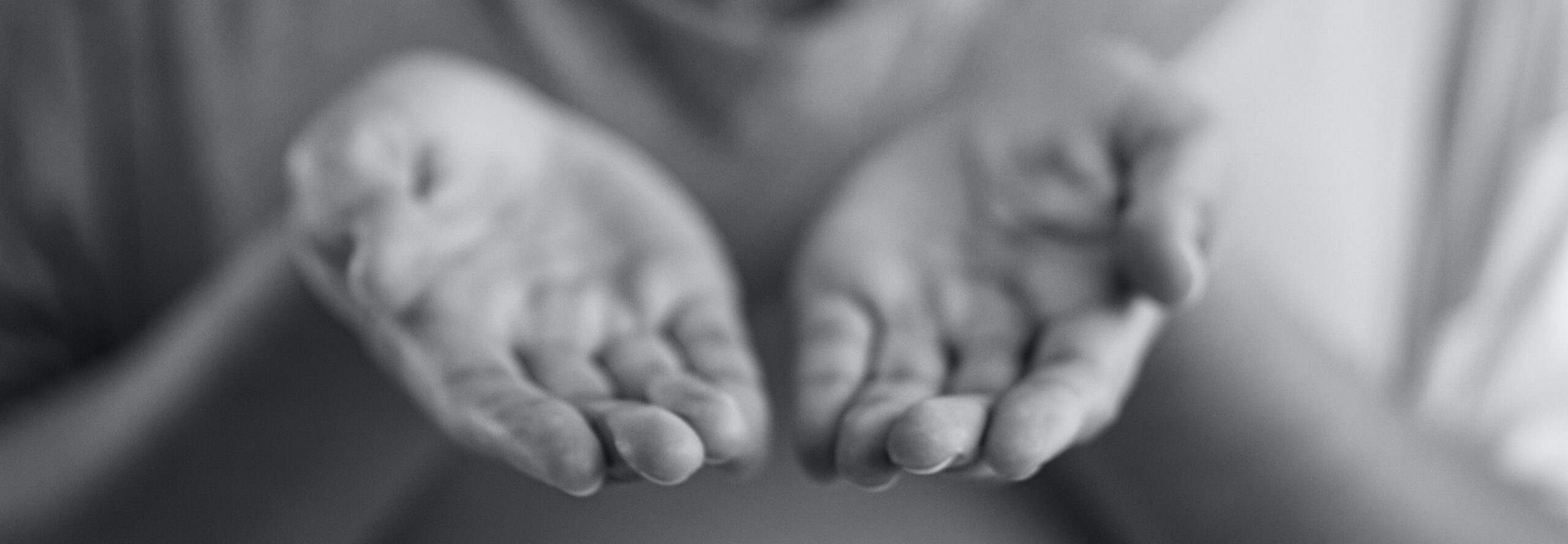Introduction
Buried traumas create wounds that scar us, prevent us from living our best lives, from thriving, and from shining brightly inside and out.
When you make the decision to heal, you are choosing to awaken to your authentic self whether you realize it or not. Along the way, you will peer into your shadows, come face to face with your truths and traumas, and begin to command your core mind-body wisdom. Although it seems like magic, recovering from chronic pain and illness is nothing more than uncovering the root cause of dis-ease and remediating it.
Twenty-some years ago researchers discovered the root of chronic illness and emotional distress – childhood trauma – which received little to no mainstream recognition until more recently. Compounded with other trauma throughout life (like collective trauma) the impacts of this give me pause to wonder how we are so fortunate to find ourselves on this path to awakening?
May this article shine light on your shadows and guide you along your journey.
Intergenerational & Childhood Trauma
When I began healing, I was unaware that early childhood trauma is a predictor of chronic illness and other poor outcomes like mood disorders, suicide, smoking, and PTSD. Other types of less-severe, traumatic experiences, including micro-aggressions, have also been linked to unfavorable outcomes.
How does this happen? Dr. Pierre-Eric Lutz worked with adults who had been abused as children and found “the neural connections in an area of the brain associated with the regulation of emotion, attention, and various other cognitive processes are critically impaired.” Connectivity in critical areas affected in such adults meant that they processed emotions differently and were more exposed to adverse health outcomes.
If left untreated, trauma will continue to tear down the system. Beyond neural connectivity, chronic stress and increased inflammation wreak havoc on the immune system. Take heart: even though we inherit and exhibit imprints of stress-induced trauma in our genes and as a result of childhood trauma, transformation is possible.
In all my years of hospitalizations, feeding tubes, massive doses of steroids, other toxic drugs, and therapy, no one bothered to suggest that trauma could be at the root of my disease. Perhaps no one connected the dots. And allopathic medicine is very traditional in its approach to treatment.
It felt as though I was walking down a crooked, dark path, flailing around, praying for someone to show me the way. Eventually, I stumbled into my teacher and guide. She helped me find my inner light. There, I discovered that early suffering, abuse, and trauma was the root cause of my disease.
The process of unraveling the foundation of the illness was messy, hard work, and it took time. It took nearly a year to reorient to a path of healing, but after two decades, I managed to put a very damaging and debilitating disease into remission.
Collective Trauma
Though I have stared down trauma for decades, at times it still infiltrates my world. Suffering leaves nothing more than a faint imprint as it slithers silently into your life, burrowing deeply into your central nervous system. You barely notice its presence until it explodes one day without warning.
My goal is to bring greater awareness to the collective trauma that besets us as a society, so we can heal before many of us reach a boiling point without knowing the cause.
- I Don’t Deserve My Trauma
During the Thomas Fire and subsequent mudslides in Santa Barbara, CA, while my friends evacuated, I remained in town for practical reasons, feeling frozen in mind, body, and spirit. My only outings were dog walks through yellowish-gray smoke-filled air, during which I’d pass anonymous, mask-laden faces. Each night I fell asleep filled with fear next to my go-bag, ready to leave town at a moment’s notice. A few weeks later and without warning, over two dozen people were killed overnight in mudslides a few miles down the road from where I slept. When my husband returned after the ordeal from a business trip, he couldn’t relate to my terror; no one could.
The fear of death remained frozen in my body until this day. I never believed it was mine to own; the disaster didn’t directly impact me did it? Although I lived in the town during that time, no one I knew was directly hurt or died, and I walked away from the event physically unscathed. My social circle seemed unaffected and barely mentioned it.
Who was I to claim PTSD? When I spoke about my leftover trauma, I sounded crazy, so I quietly let my emotions be buried as I moved on. In truth, I was connected to a neural net of collective pain and death felt by everyone who lived through the suffering of the fire and mudslides. Empathic and energetically sensitive to the news and the community’s grief, I swallowed, but shamefully could not own, my connection to this collective weeping.
Only more recently since studying, working with, and healing collective trauma have I been able to heal my piece of this past.
- Collective Pandemic Trauma
Collective trauma affects us all, to varying degrees. How you receive and react to it depends on various factors, from support networks, past traumas, to resilience. When the coronavirus hit, gnawing anxiety crept through my body. It pitched a tent and lit a campfire, sending smoke signals through my neural pathways that screamed, “We’re in danger.” After about a week, the anxiety packed its bags and left. Relieved, calm, I was once again able to focus, but everyone’s brush with suffering and path to healing is unique depending on their particular circumstances, as mine has been.
There is a similar, silent epidemic bubbling underneath the chaos and destruction of COVID-19. I’ve witnessed first-hand many clients weighed down by the pandemic’s gravity, filled with anxiety and depression. Like me during the Thomas Fire, they believe they are unworthy of their trauma. Perhaps protected by walls of financial and physical fortune, they do not deserve to feel anything but grateful. And yet they remain pinned to the wall, frozen in fear, drowning in hopelessness, gutted by guilt.
Trauma carries no explanation. It disrupts your neural pathways, causing dysfunction in your fight-or-flight response, fragmenting your ability to think straight. Anyone peripherally aware of current events may be suffering from collective trauma and has a right to be. We are living through toxic and somewhat terrifying times. Acknowledging this is the first step towards healing.
Pain and fear propel us into action so we can evolve into better versions of ourselves. This is the point where we begin to evolve.
Healing Trauma
The pandemic has presented us not only with great suffering and loss but with an opportunity for transformation. This is the first time ever that our global economy has come to a screeching halt. We have the choice to slow down, to stay inside, to travel inwards, to move through the trauma, and to evolve.
These steps will help you work through post-traumatic growth to heal:
- Awareness and Acceptance – Recovery takes time and begins with acknowledgment and understanding of what’s happening. You might continue to be triggered until you become aware of underlying trauma. With awareness, you hold the power of decision; will you continue to live in pain, or is it time to accept your reality and heal?
- Embodiment – Embodiment is a powerful way to release physically-held trauma. Trauma disconnects us from our bodies, leaving us feeling numb and disembodied, fragmented, anxious, and depressed. Healing modalities like meditation or somatic journeying help you drop out of the mind and body. These are powerful supportive tools in recovery. Depending on the method and the healer, it can be active or passive, but the idea with embodiment is to feel and let go of the trauma.
- We-Space Healing – To prevent long-term negative impacts on emotional and physical health, experts encourage healing in what’s called the “we-space,” with others who can share your experience. This conscious group healing provides collective energy where you can process pain through relational support.
The pandemic has been traumatizing to our minds, bodies, and spirits. If we continue to use the time we have been given to work with this pain, to move deeper into it, to explore the darkness in front of us, we can collectively recover, heal, and transform together.



Comments +